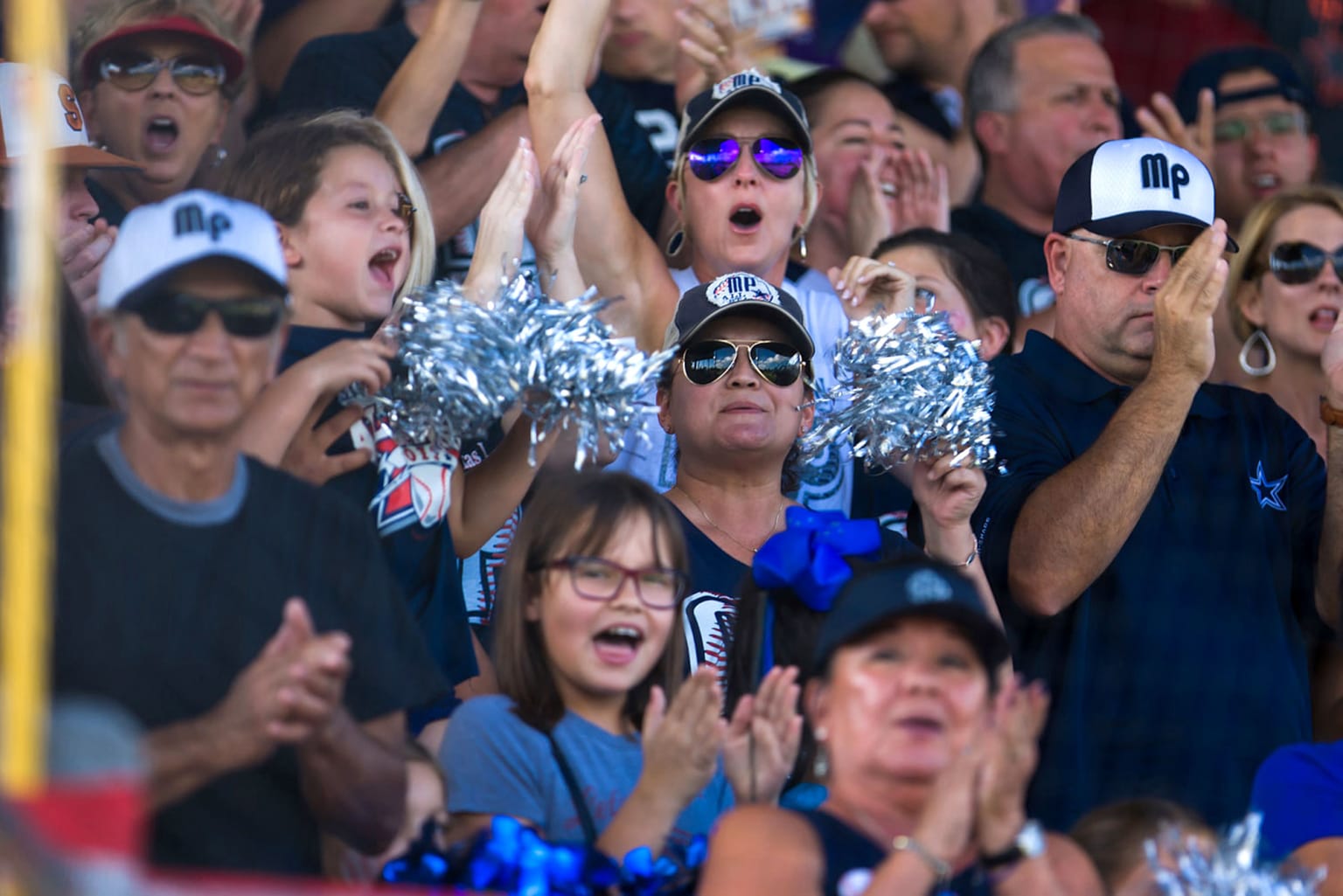How to Develop a Productive Parent-Coach Relationship

For children to enjoy and grow from their Little League® experience, parents and coaches are expected to promote a healthy, team-oriented environment that is built on trust, commitment, and respect. Here are steps parents can take to help foster this relationship.
Contact your child’s coaches as soon as you know who they are.
Introduce yourself, and let them know that you appreciate their commitment, which goes way beyond the time spent at practices and games. Most coaches only hear from parents when there is a problem. By establishing a positive relationship early, it will be much easier to approach coaches later if a problem arises.
Make the coaches’ jobs easier.
Attend parent meetings. Check with coaches before scheduling vacations during the season. If you can, volunteer to help, whether that means occasionally running a station at practice or coordinating a snack schedule with other parents. Don’t say or do anything that might undermine the coach’s authority. Display a positive, upbeat attitude around all of the coaches and other parents. This will help coaches focus the maximum amount of attention on helping the players improve, rather than worrying about the parents.
Fill the coaches’ emotional tanks.
When coaches do something you like, let them know, in person or by e-mail, and mention it to other parents, as well. Thank the coaches after games, especially when the team has lost. Some tokens of appreciation include, bring them coffee at an early morning practice; or send a thank you card in the middle of the season. Coaches with full E-Tanks have more to give to the team.
Let the coaches coach.
Providing additional technical or tactical coaching can do more harm than good, especially since it may conflict with the coaches’ advice. Trying to perform to their ability is the responsibility of the players and coaches. Parents have a much more important role to play — helping your child take life lessons from their time playing Little League.
Don’t put your child in the middle of any conflict you may have with coaches.
Never criticize coaches in front of your child or other parents. When parents support a coach, it is easier for players to put forth a wholehearted effort while learning. At the same time, divided loyalties make learning and growing more difficult for young players. Simply request a private meeting with the coaches, but not when you are upset and have trouble controlling your emotions. Observe a “cooling off” period of 24 hours. This will give you time to choose your words carefully.